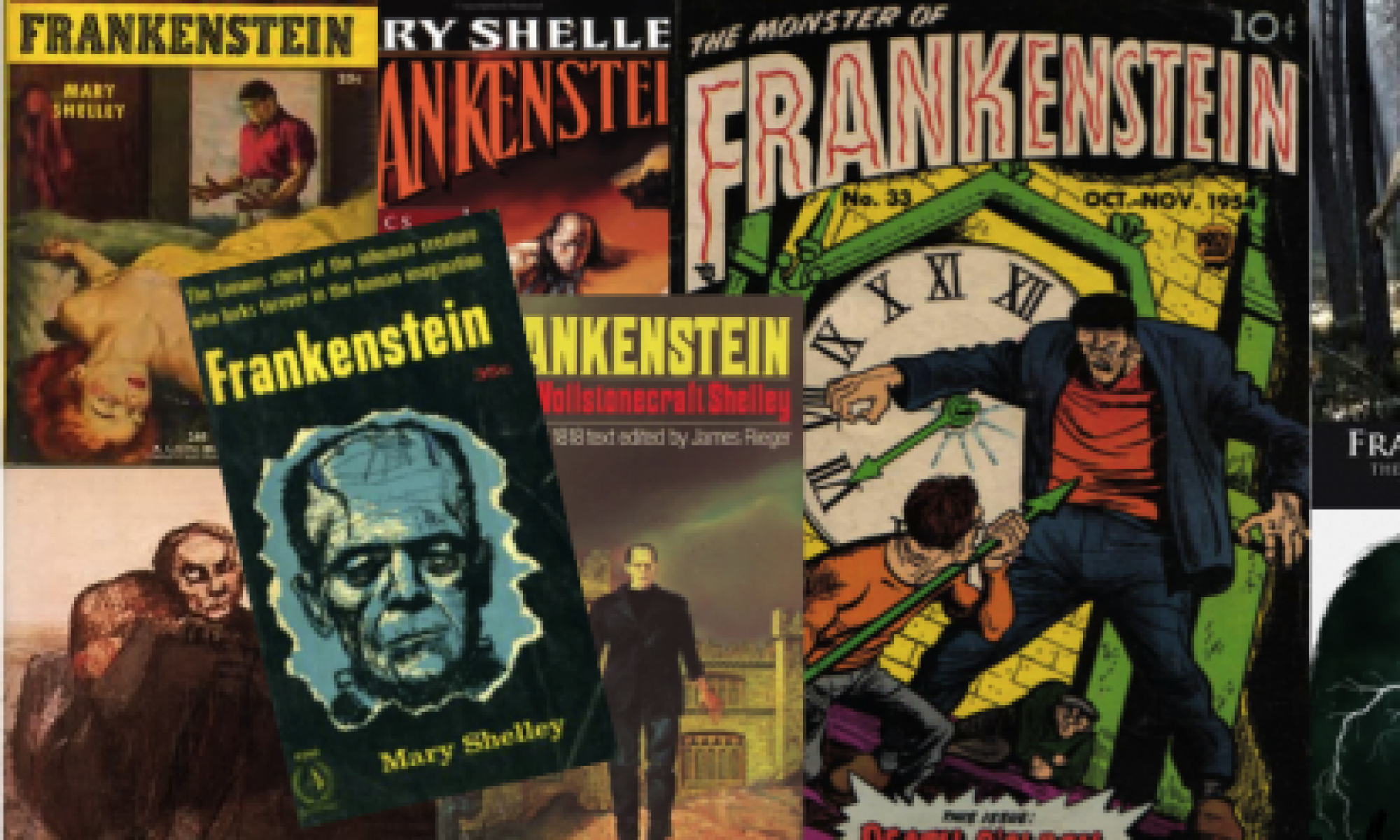A Close Reading of Robinson Crusoe’s Dream During His Sickness
“In this second sleep, I had this terrible dream…I thought he lifted up the spear that was in his hand to kill me.”
At first glance, this dream in the context of what is happening at the time in the novel seems to make no sense. Among the chaos of sickness, struggle, and desperate pleas to God for mercy, Crusoe has a nightmare that shakes him to the core.
The setting of the dream is very important. Immediately, Crusoe is described as outside his walls and on the ground. The description is a seemingly intentional attempt to portray him as weak. He has been removed from the safety and comfort of his walls/cave and placed outside, into the world of the savage. In addition, he is as low as we can get, on the ground. Being on the ground is weak compared to standing strong. He is demonstrated as helpless to the ensuing events.
A mysterious figure descends from a “black cloud,” with a “countenance so inexplicably dreadful.” The ‘man’ shakes the air and ground when he walks, and points his spear at Crusoe, repeating that he must pay for his sins. The ultimate question boils down to, who is the figure? I assert that it’s God, in a wrathful state. Crusoe had been praying for hours before going to sleep for mercy and salvation, and perhaps this is God’s response. I believe Defoe intended it to be a representation of God’s wrath coming to essentially convey, “How can you pray for mercy when you have committed so many sins?” The figure is presented as well as “full of light,” so much so that Crusoe could barely look. The ‘man’ was emblazoned in a fire. A common theme with the divine is that they are light. God is often presented as a graceful yet powerful light. This power and light are maintained here, just in a more threatening and destructive context. This is the wrathful side of God, the side that wants payment for sins.
Ultimately, what is the point of the dream? The eBook chapter title is labeled, “Conscience-Stricken.” This inspires me to think that Crusoe is having encounters with his conscience, his sense of right and wrong and that Defoe is using God as a means of presenting/conveying that message. The ‘man’ in the dream repeats that Crusoe must pay for his sins, indicating that there are consequences for actions. Crusoe, throughout his life, had disobeyed and sinned in several areas. He went against his father’s will and ignored several seemingly divine warning signs that he should not be sailing (meaning the storms, wrecks, and enslavement/escape before his ultimate arrival on the island). Perhaps Defoe intended the dream to indicate that God was punishing Crusoe for these things through a terrible sickness. An indication that this whole time, God has been involved in the direction of Crusoe’s life (a prominent belief at the time of the novel’s creation, divine intervention and God’s plan). For these reasons, I believe the dream is intended to be a divine intervention in Crusoe’s life, one intended to force him to run into his conscience and evaluate himself.
